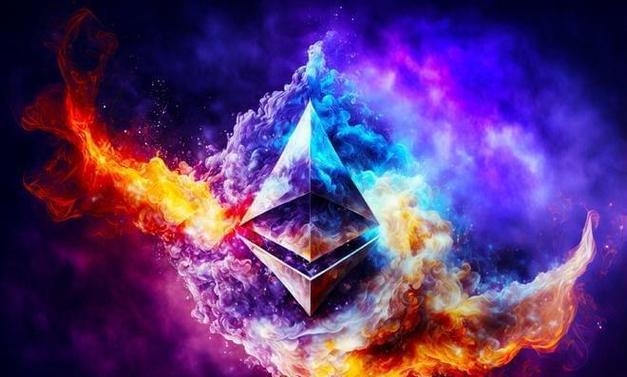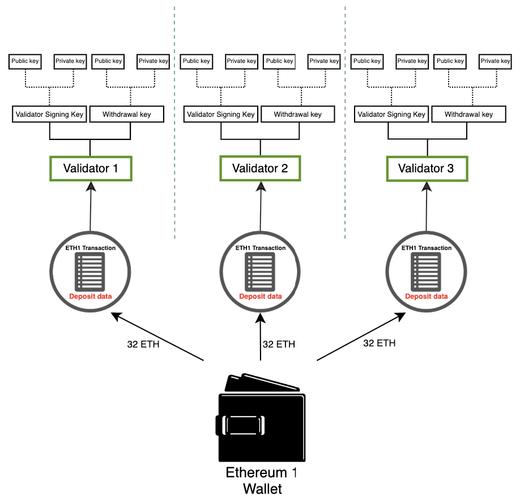
Become an ETH 2.0 Validator: A Comprehensive Guide
Are you interested in becoming an Ethereum 2.0 validator? As the Ethereum network transitions to its next phase, the role of validators has become increasingly significant. In this guide, we will delve into the process, requirements, and benefits of becoming an ETH 2.0 validator.
Understanding Ethereum 2.0
Ethereum 2.0, also known as Eth2, is the highly anticipated upgrade to the Ethereum network. It aims to improve scalability, security, and sustainability. One of the key components of Eth2 is the introduction of proof-of-stake (PoS) consensus mechanism, which replaces the current proof-of-work (PoW) system.

Under PoS, validators are responsible for validating transactions and securing the network. By becoming a validator, you can contribute to the Ethereum ecosystem and potentially earn rewards in the process.
Requirements to Become a Validator
Before diving into the process, it’s essential to understand the requirements to become an ETH 2.0 validator. Here are the key criteria:
-
Minimum Deposit: To become a validator, you need to lock up a minimum of 32 ETH. This deposit serves as collateral and ensures that validators have a financial stake in the network.
-
Technical Knowledge: You should have a basic understanding of blockchain technology, Ethereum, and the PoS consensus mechanism.

-
Staking Hardware: To participate in the Eth2 network, you’ll need a dedicated staking hardware device or a compatible computer with sufficient resources.
-
Internet Connectivity: A stable and reliable internet connection is crucial for maintaining your validator node and participating in the network.
The Validator Selection Process
Once you meet the requirements, the next step is to join the validator selection process. Here’s a brief overview of the process:
-
Join a Validator Client: Choose a validator client, such as Prysm, Lighthouse, or Teku, and download the necessary software.
-
Generate a Validator Key: Use the validator client to generate a validator key, which will be used to identify your node on the network.
-
Connect to the Network: Connect your validator node to the Eth2 network by providing your validator key and depositing your 32 ETH.
-
Wait for Selection: The Eth2 network will periodically select validators based on various criteria, such as the number of deposits and the quality of the validator node.
-
Start Validating: Once selected, your validator node will begin validating transactions and earning rewards.
Benefits of Becoming a Validator
Becoming an ETH 2.0 validator offers several benefits:
-
Rewards: Validators can earn rewards in ETH for their participation in the network. The reward rate is determined by the total number of validators and the number of active validators.
-
Contribution to the Network: By becoming a validator, you contribute to the security and decentralization of the Ethereum network.
-
Networking Opportunities: As a validator, you’ll have the opportunity to connect with other validators and Ethereum enthusiasts.
Best Practices for Successful Validation
Here are some best practices to ensure a successful validation experience:
-
Stay Informed: Keep up-to-date with the latest developments in the Ethereum ecosystem and Eth2 network.
-
Monitor Your Node: Regularly check your validator node’s performance and address any issues promptly.
-
Backup Your Keys: Safely store your validator keys and ensure they are backed up in multiple locations.
-
Join a Community: Engage with other validators and Ethereum enthusiasts in online forums and communities.
Conclusion
Becoming an ETH 2.0 validator is an exciting opportunity to contribute to the Ethereum network and potentially earn rewards. By understanding the requirements, following the selection process, and adhering to best practices, you can successfully become a validator and play a crucial role in the future of Ethereum.



